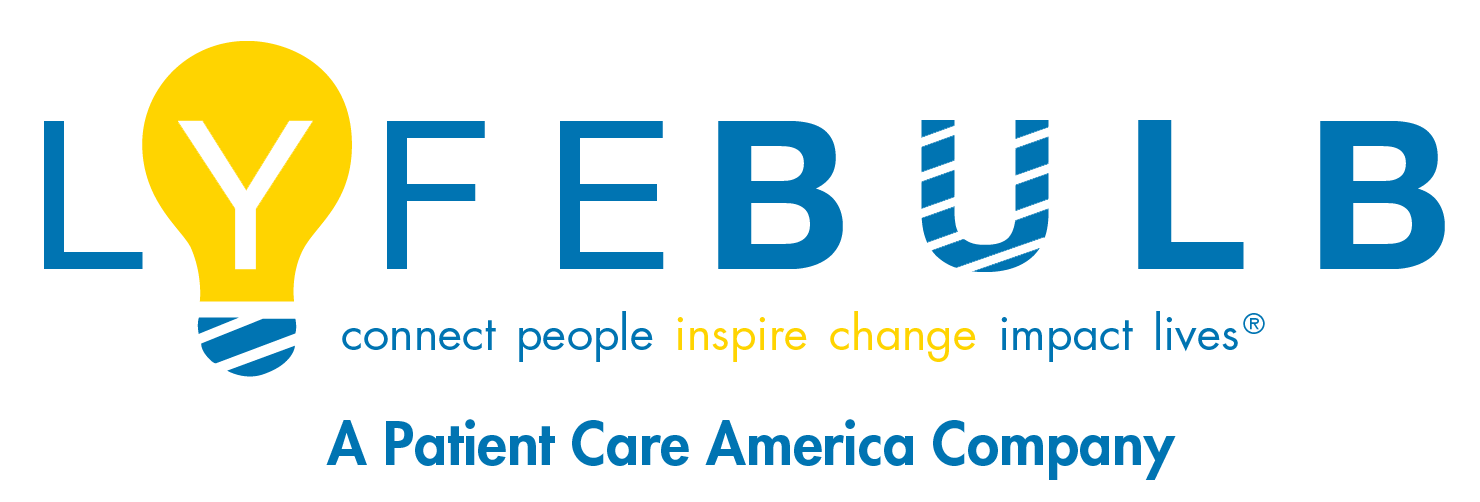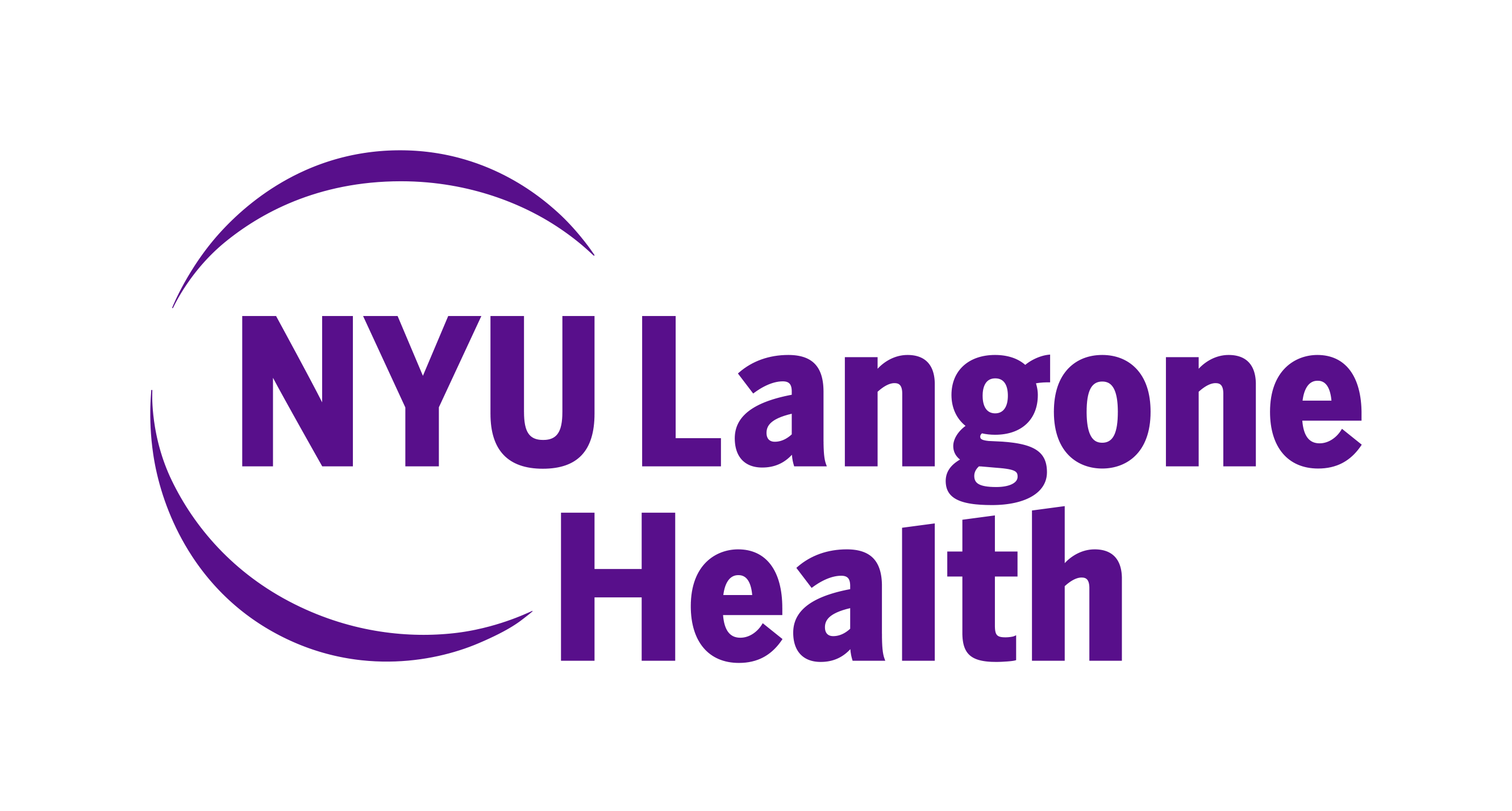Dr. Newell graduated from Kalamazoo College and the University of Michigan Medical School. Following a residency in general surgery at Loyola University Medical Center, he obtained a PhD in immunology and completed a fellowship in transplantation surgery at the University of Chicago. After seven years as a faculty member at the University of Chicago, he moved to Emory University, where he is Professor of Surgery and Vice Chair for Academic Affairs.
Dr. Newell’s clinical practice focuses on kidney transplantation in adults and children, pancreas transplantation, and living kidney donation. His research interests span the spectrum from basic laboratory investigation to clinical trials focusing on alloimmunity, immunosuppression, and tolerance. He has lead numerous studies supported by the NIH and the Immune Tolerance Network.
Dr. Newell has served the transplant community in a variety of roles. He is a Past President of the American Society of Transplantation. He has served the NIH sponsored Clinical Trials in Organ Transplantation (CTOT) consortium in many different roles. He is an associate editor for the American Journal of Transplantation and previously served as a member of the NIH study section Transplantation, Tolerance, and Tumor Immunology. He currently serves as an AST representative on the Transplant Therapeutics Consortium and is the co-chair of Workgroup 1, which is focused on gaining regulatory endorsement of new surrogate endpoints for clinical trials.
Anne B. Lawler, CSW, LCSW, ACSW, BCD, is a licensed clinical social worker in New York State. She has extensive experience in social work with transplantation support groups and mentoring programs.
Dr. Russell Crew specializes in Nephrology, with a special focus on Transplant Medicine-Kidney and Transplant Medicine-Pancreas. He practices primarily in New York, NY, and is affiliated with NewYork-Presbyterian/Columbia University Irving Medical Center. Dr. Crew graduated from Albert Einstein College of Medicine in 1999, and completed his training at NY Presby-Columbia and NY Presby-Columbia. He is board certified in Internal Medicine and Nephrology.
Dr. Nicole M. Ali is an assistant professor of medicine at the New York University School of Medicine, Medical Director of kidney and pancreas transplantation, and Director of Outreach. Following completion of her undergraduate degree at Brown University she joined the Americorp Program, Teach for America. She earned her Medical degree from SUNY – Stony Brook. She is board certified in Internal Medicine and Nephrology and is an AST/ASN certified transplant nephrologist, trained at Columbia University Medical Center, NY.
She has held positions as the Chief of Transplantation at Hackensack University Medical Center for the kidney and pancreas transplant programs and the Medical Director of the kidney transplant program at North Shore University Hospital. She has extensive experience working with programs that experienced outcome issues including system improvement agreements and structuring transplant quality programs. She has published many articles in peer reviewed journals and presents lectures locally and internationally. Her current areas of research include increasing access to transplantation, improving organ utilization and novel desensitization strategies.
Michael J. Goldstein MD FACS Dr. Goldstein is Director of the Division of Organ Transplantation at Hackensack University Medical Center and Hackensack Meridian Health. He is Professor of Surgery at Hackensack Meridian School of Medicine and the OPTN Surgical Program Director for adult and pediatric kidney transplantation, and pancreas transplantation. Prior to joining Hackensack Meridian Health, he served as Chief of Kidney Transplantation at the University of Miami Miller School of Medicine and the Executive Director, Life Alliance Organ Recovery Agency. With surgical, academic, and executive experience in both organ donation and transplantation, Dr. Goldstein focuses his career on improving patient access to organ transplantation with the goal of maximizing the utilization of living and deceased donor organs for transplantation. Dr. Goldstein is an advisor for the OPTN Expeditious Task Force, faculty member of the ESRD Treatment Choices Learning Collaborative, and active participant of the OPTN Transplant Center Growth Collaborative. In prior years, he served nationally with HRSA to improve transplant center quality on the Transplant Center Task Force and Co-Chaired the National Learning Congress for the Organ Donation and Transplantation Community of Practice. He also served as Vice-Chair of the UNOS Organ Availability Committee and the Medical Directors Council of the Association of Organ Procurement Organizations. Board-certified by the American Board of Surgery, Dr. Goldstein is a Fellow of the American College of Surgeons, member of the American Society for Transplant Surgeons, and American Society for Transplantation. He earned his Bachelor of Arts degree in neurobiology at the University of Pennsylvania and his Doctor of Medicine degree at Temple University School of Medicine. He completed his residency in General Surgery at New York Presbyterian Hospital-Columbia University Medical Center and transplantation fellowship at the Center for Liver Disease and Transplantation at New York Presbyterian Hospital-Columbia University Medical Center.
Dr. Newell came to Emory from the University of Chicago, where he had been serving as director of kidney and pancreas transplantation. Prior to joining the faculty of UChicago, he earned his PhD in immunology and completed an abdominal transplantation fellowship at the institution. He received his medical degree from the University of Michigan and completed his general surgery residency at Loyola Medical Center in Illinois.
Dr. Newell served as director of Emory’s living donor kidney transplant program from 2003-2014 and established Emory’s unrelated paired donor kidney exchange program in 2007. His various research pursuits have included optimizing belatacept as an immunosuppressant in renal transplantation, identification and mechanistic investigations of tolerant kidney transplant patients, and the development of transplant strategies uniquely responsive to the needs of children
Dr. Newell served as president of the American Society of Transplantation from 2014-2015, was an at large member of the OPTN/UNOS Vascularized Composite Allograft Transplant (VCA) Committee from 2013-2016, and chaired the Mechanistic Studies Subcommittee of the Clinical Trials in Organ Transplantation program of the NIH.
Dr. Katz has served as Chief Medical Officer of Eledon since November 2023. He joined Eledon Pharmaceuticals from eGenesis where he served as Chief Medical Officer. Prior to eGenesis, Dr. Katz was Vice President of Clinical Development first at Viela Bio and then at Horizon Therapeutics following its acquisition of Vielo Bio. At Horizon and Viela Bio, Dr. Katz led the clinical development of inebilizumab in multiple autoimmune indications and oversaw the regulatory submission and approval of UPLIZNA®(inebilizumab). Prior to Viela Bio, Dr. Katz served as Senior Director of Clinical Development at MedImmune Inc. and Senior Director of Transplantation with the Medicine Development Group at Pfizer. Before joining industry, Dr. Katz spent two decades as a transplant surgeon. He was director of the abdominal transplantation division at Integris Baptist Medical Center in Oklahoma City, and an associate professor of surgery and the director of the liver transplantation division at the University of Massachusetts Medical Center, Worcester, MA. Dr. Katz earned his M.D. at Hadassah Hebrew University Medical School in Jerusalem.
As chair of the Department of Surgery and director of the NYU Langone Transplant Institute, Dr. Montgomery oversees a diverse team of medical and surgical specialists who provide a wide variety of surgery and transplantation services. He is well placed to talk about the skilled, compassionate experts at the Transplant Institute not only as its director—but also as someone who received a heart transplant here.
The structure of the Transplant Institute enables us to offer the most advanced patient care in a hospital that has earned top rankings for overall patient safety and quality from Vizient, Inc., formerly the University HealthSystem Consortium.
We are focused on bone marrow, heart, kidney, liver, lung, and facial transplantation. Our transplantation services have consistently led to outstanding patient outcomes. We are poised to introduce innovative programs I’ve helped to develop that will make us unique among New York’s transplant programs.
My primary goal is to use state-of-the-art innovations and technology to eliminate barriers that may be preventing people who need transplants from getting them. I was a member of the team that developed the laparoscopic procedure for live kidney donation. This minimally invasive procedure allows for a faster recovery after kidney donation and has become the standard throughout the world.
I also developed and performed the first “domino paired donation,” which is when two or more donors and recipients are paired in a kidney swap. This is often used when a donor and recipient have incompatible tissue or blood types. By bringing together multiple pairs of donors and recipients, we can ensure that all parties receive compatible organs.
I was the lead surgeon in the first 2-way, 3-way, 4-way, 5-way, 6-way, and 8-way domino paired donations and in the first 10-way open chain donation. In 2010, I was credited in The Guinness Book of World Records with performing the most kidney transplants in one day.
I am considered the world’s authority on desensitization—the process of readying patients to receive incompatible tissue or blood type transplants—altruistic donation, antibody-mediated rejection, and kidney-paired donation. I have performed more than 1,000 kidney transplants and am often referred patients who have the most difficult and complex situations. This includes people who have had multiple transplants, are difficult to match with donors, have been on dialysis for a long time, have clotting disorders, or are at a high risk for transplant rejection.
I trained in general surgery and multi-organ transplantation at The Johns Hopkins Hospital. My research focuses on stem cell therapies and gene- and cell-based therapies in transplantation. I co-lead a clinical trial sponsored by the National Institutes of Health involving simultaneous donor bone marrow and live donor kidney transplantation. I also run multiple clinical trials for novel desensitization therapies.
I am honored to have received several awards recognizing my experience in patient care and research, including the American Society of Human Genetics’ Postdoctoral Basic Science Award, the Johns Hopkins Clinician Scientist Award, the Fujisawa Faculty Development Award from the American Society of Transplant Surgeons, the Champion of Hope Award from the National Kidney Foundation of Maryland, and the Terasaki Medical Innovation Award from the National Kidney Registry.
Recap
Lyfebulb’s patient summit, “Empowering Lives: State of Transplantation”, brought together everyone involved in the transplant journey—recipients, donors, care partners, doctors, and industry experts with the goal to improve the quality of life and outcomes for everyone. We shared stories, learned from experts, discussed challenges, and discussed solutions.
Our event on October 4, 2024 at NYU Langone Health in New York City included:
- Inspirational Talks: Experts in the field of transplantation
- Engaging Panels: Discussions on important topics from both the patient and provider perspective, such as new treatments, care management, and future innovations in transplantation
- Networking Opportunities: Connecting with others who understand your journey
- Contribute to the Future: Offering your perspective through questions to panels and responses to a survey
- Peer-to-Peer Meet-Up: Meeting your fellow transplant peers in a closed session led by our TransplantLyfe Community managers (patients, donors and care partners only)
Takeaways
1. The Need for More and Better Matched Organs
Transplantation has huge benefits over life on dialysis. We need to take charge and educate patients on the choices they have in organ selection and matching. A much larger population does not even make the list and could benefit from transplantation.
We need to continue to examine new organ pathways (such as xenotransplantation and artificial organs) as an alternative to dialysis to expand the available organ pool.
2. Changing the Perception that One Year Survival is the (Only) Outcome of Measurement
The existing 93-98% one-year survival of the graft is a bar that is virtually impossible to beat for any new drug or care pathway.
Many of the current drug regimens are harming the transplanted organ long-term, while causing serious side effects and complications that reduce quality of life and create the need for more transplants to survive.
3. Engaging the Community to Record and Share Symptoms to Demonstrate, Clinically, Quality of Life Issues
Patient reported data will be required, ultimately, to demonstrate long-term needs and side effects.
SPEAKERS
Nicole Ali, MD
Clinical Associate Professor, Department of Medicine at NYU Grossman School of Medicine; Director, Quality, Transplant Institute at NYU Langone Transplant Institute
Russell J. Crew, MD
Assistant Professor of Medicine at NewYork-Presbyterian / Columbia University Irving Medical Center
Michael Goldstein, MD
Director of Organ Transplantation at Hackensack University Medical Center
Mark A. Hardy, MD, PhD (Hon), FACS
Director Emeritus and Founder, Renal and Islet Transplantation, and Surgeon, Abdominal Organ Transplantation and Islets at NewYork-Presbyterian Hospital/Columbia University Medical Center
Karin Hehenberger, MD, PhD
Founder & CEO at Lyfebulb
Eliezer Katz, MD, FACS
Chief Medical Officer at Eledon Pharmaceuticals
Robert Montgomery, MD, PhD
H. Leon Pachter Chair and Professor of Surgery Director at NYU Langone Transplant Institute
Kenneth Newell, MD, PhD
Chief Medical Officer at Eledon Pharmaceuticals
Anne B. Lawler, CSW, LCSW, ACSW, BCD
Assistant Professor of Medicine at NewYork-Presbyterian / Columbia University Irving Medical Center
Agenda & Video Recordings
Welcome Remarks & Introductions with Karin Hehenberger, MD, PhD, Lyfebulb and Robert Montgomery, MD, DPhil, NYU Langone Transplant Institute (Watch)
My Transplant Journey by Jeanmarie Ferguson (Watch)
How to Own the Organ Selection Process by Michael Goldstein, MD, Hackensack Meridian Health (Watch)
Optimizing The Match by Bonnie Lonze, MD, PhD, NYU Langone Transplant Institute (Watch)
Best Use of Current Therapies by David Cohen, MD, Columbia University Irving Medical Center / NewYork-Presbyterian Hospital (Watch)
Celebrities As a Vehicle to Influence Change in Healthcare by Mark Hardy, MD, Columbia University Irving Medical Center / NewYork-Presbyterian Hospital (Watch)
Fast Tracking Treatment Options: Regulatory Environment and Clinical Endpoints with Eliezer Katz, MD Eledon, Ken Newell, MD, Emory University, moderated by Karin Hehenberger, MD, PhD (Watch)
Aiming High: Less Drugs, More Organs: Tolerance by Ken Newell, MD, Emory School of Medicine (Watch)
Aiming High: Less Drugs, More Organs: Xenotransplant by Robert Montgomery, MD, DPhil, NYU Langone Transplant Institute (Watch)
Treating Patients Today by Nicole Ali, MD, NYU Langone Transplant Institute, and R.J. Crew, MD, CUIMC / NewYork-Presbyterian Hospital (Watch)
Ups and Downs in Caring for Your Transplant, Recipient Panel: LaVise McCray, Taryn Servold, Jeanmarie Ferguson, and Sam Dey moderated by Leslie Brille, Lyfebulb (Watch)
Quality of Life Panel with Anne Lawler, LCSW, Joan Kelly, RN and Jeanmarie Ferguson, moderated by Mark Hardy, MD (Watch)
Mind & Body by Alisha Hiebert, RYT, MBC, TransplantLyfe Community Manager (Watch)
Empowering Patients via Technology by Leslie Brille (Watch)
Closing Remarks by Karin Hehenberger, MD, PhD (Watch)
Karin Hehenberger hosted a happiness luncheon at the Transplant Games of America 2024 and gave an excellent speech. Join TransplantLyfe.com to become a part of our close-knit transplant community.





